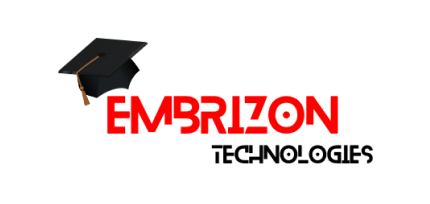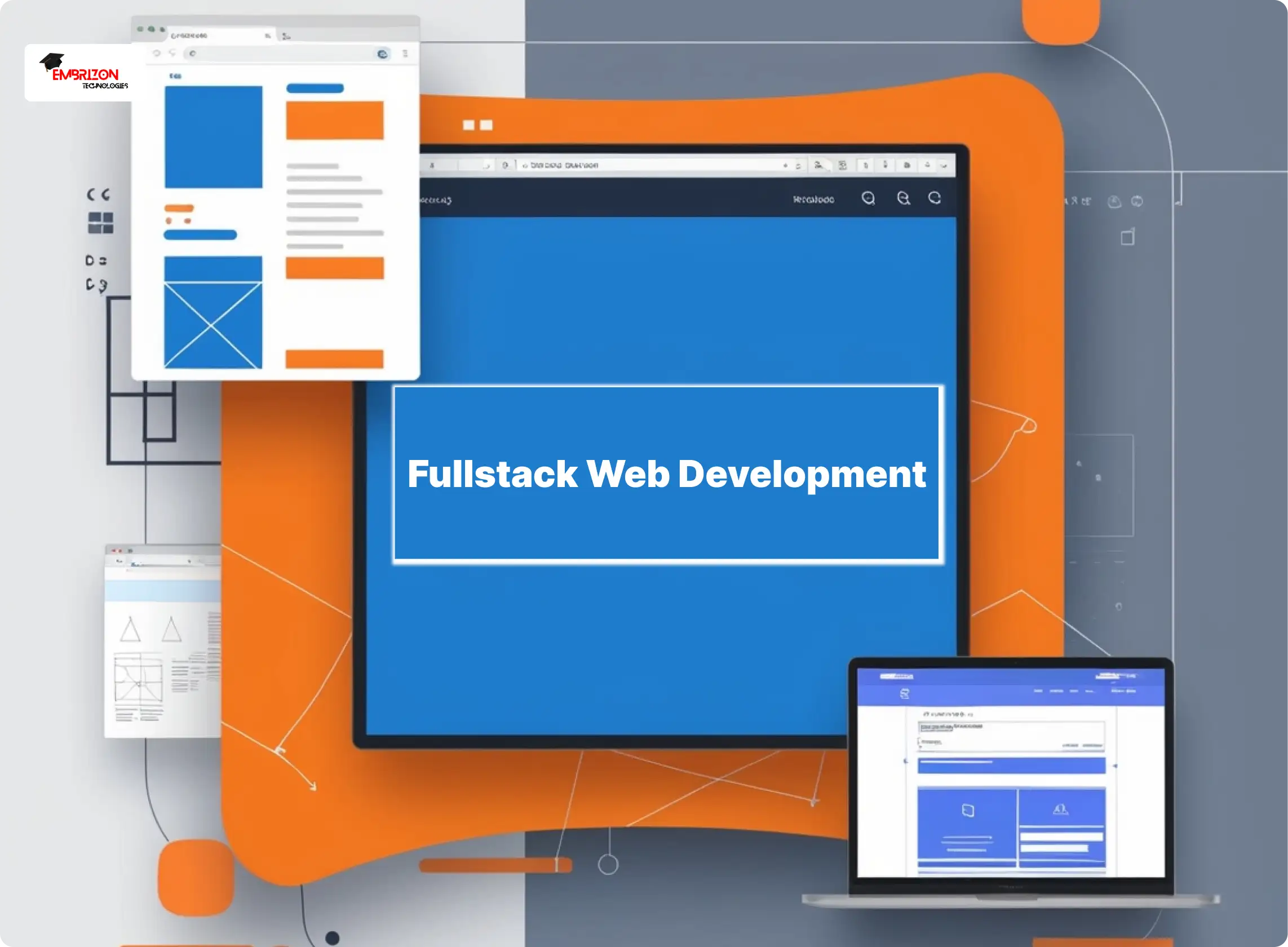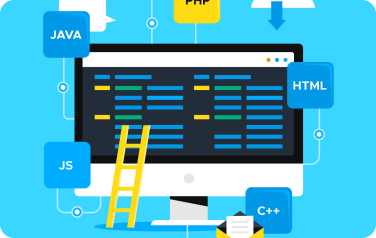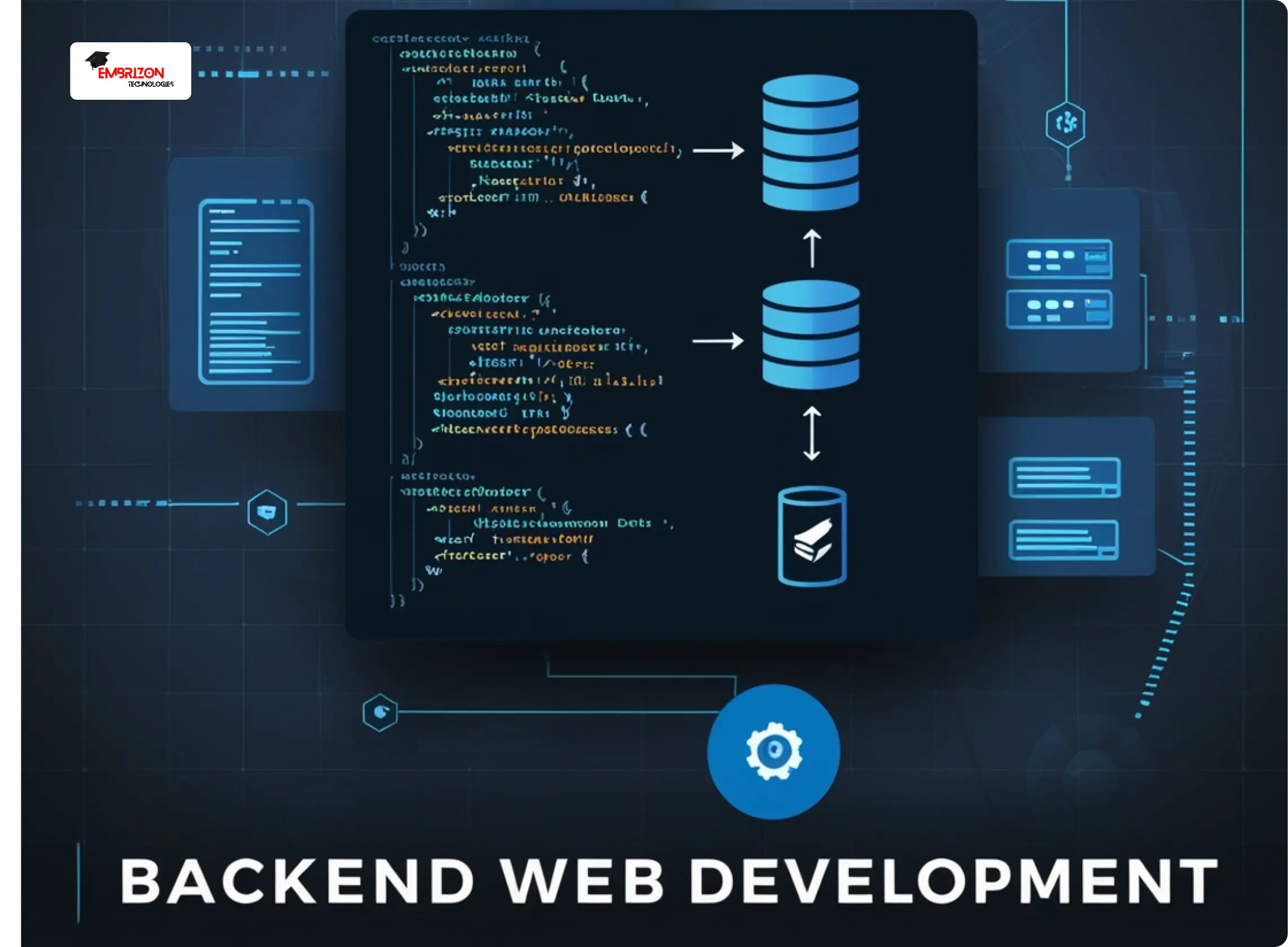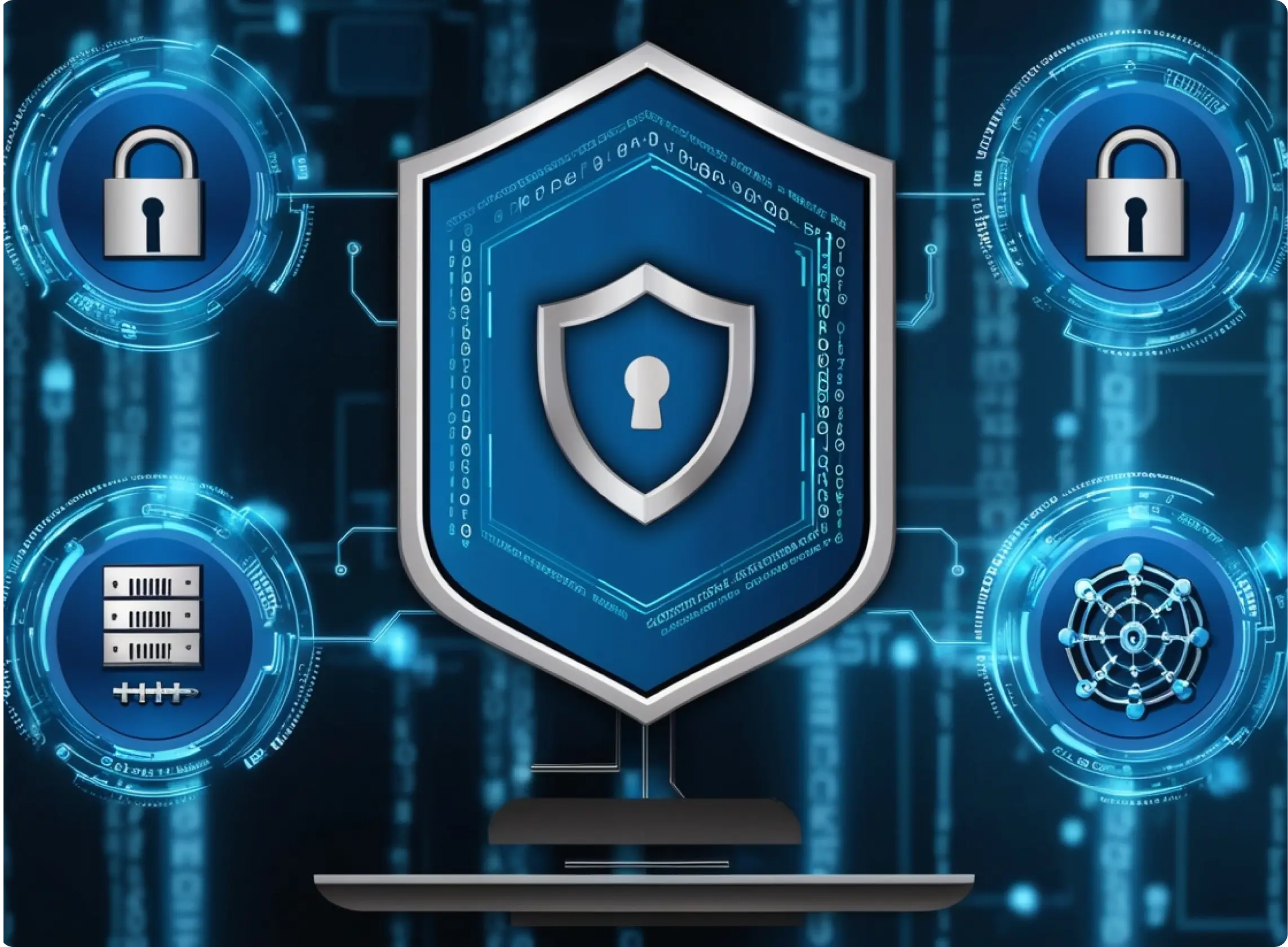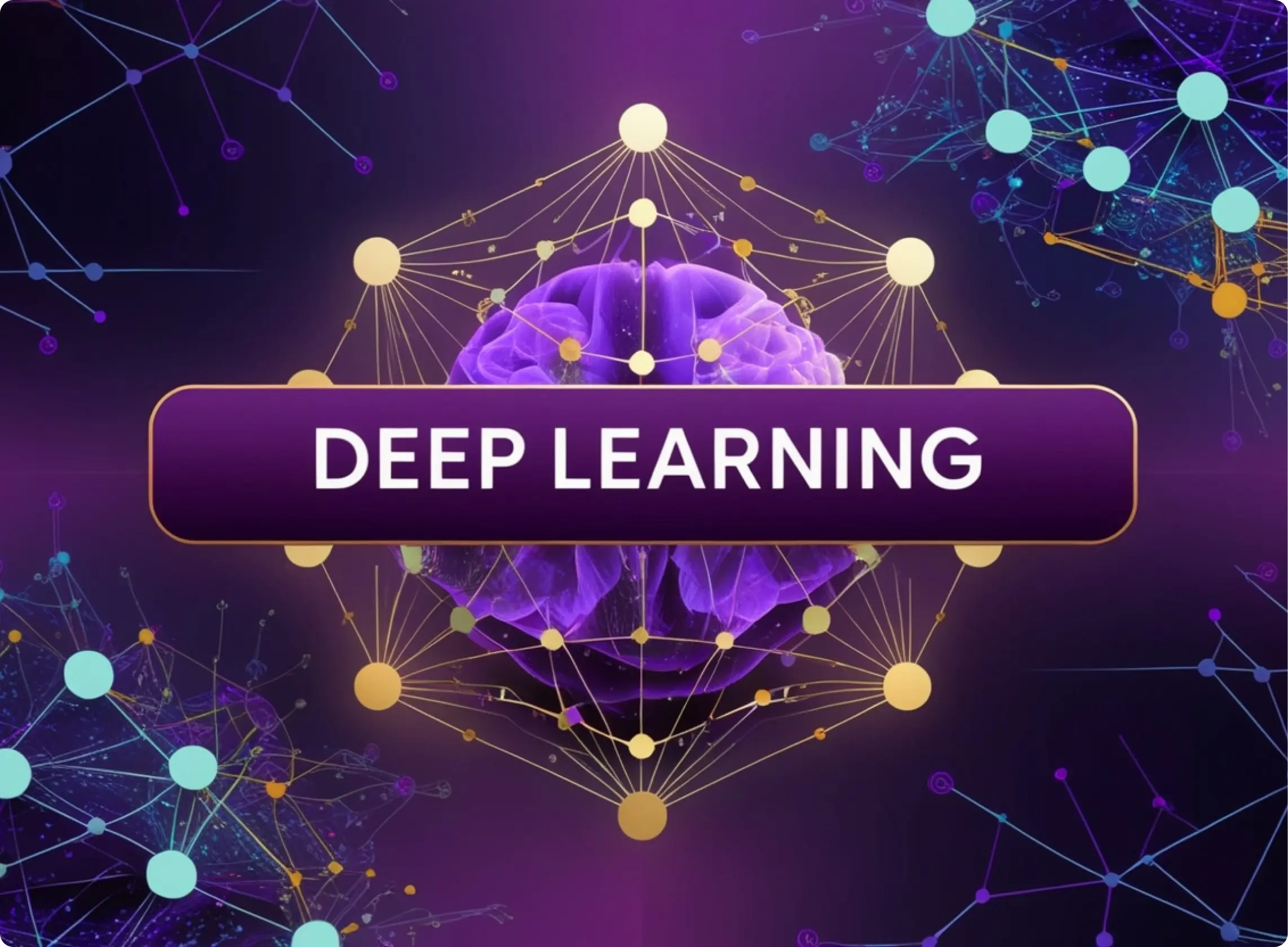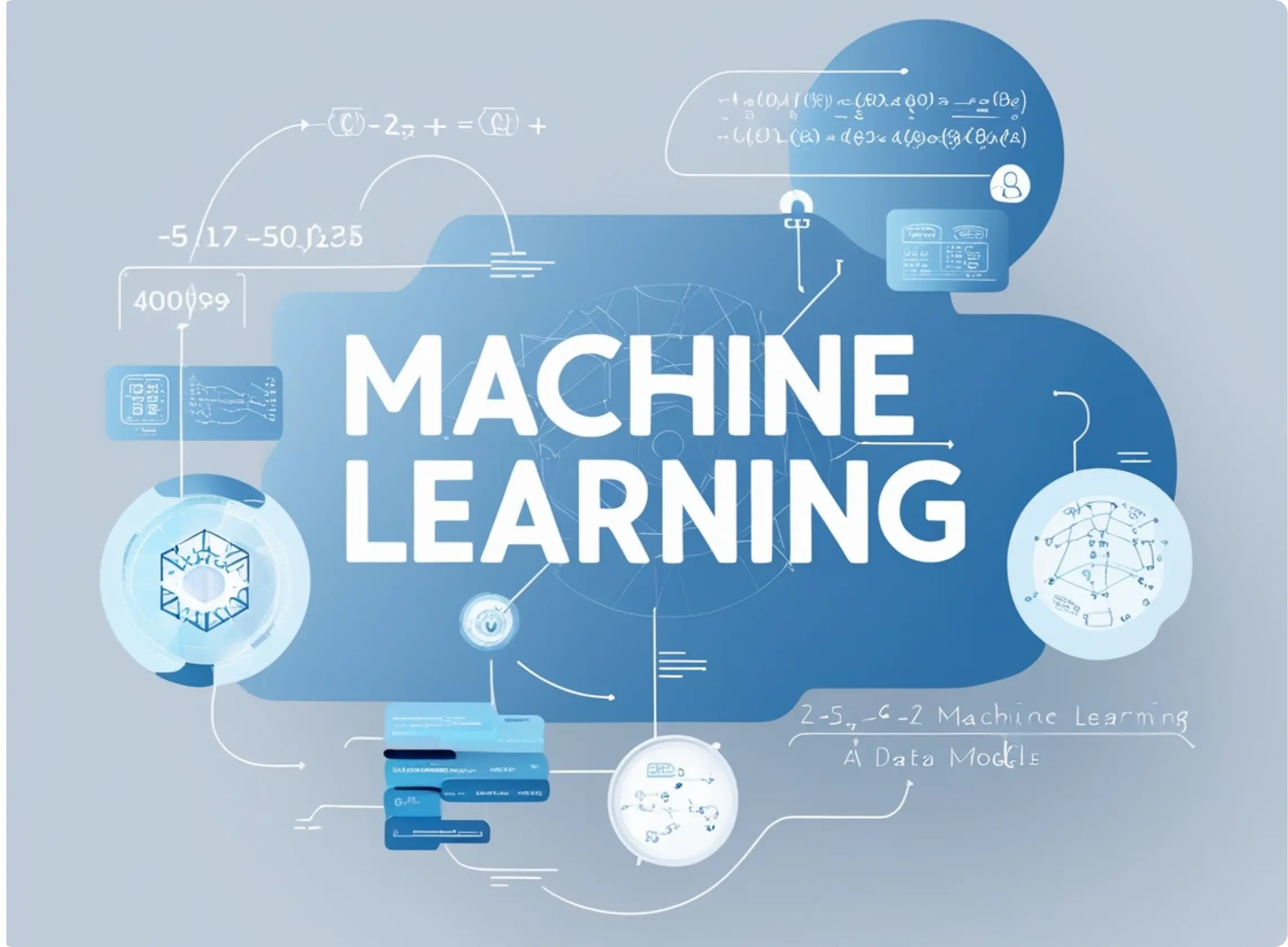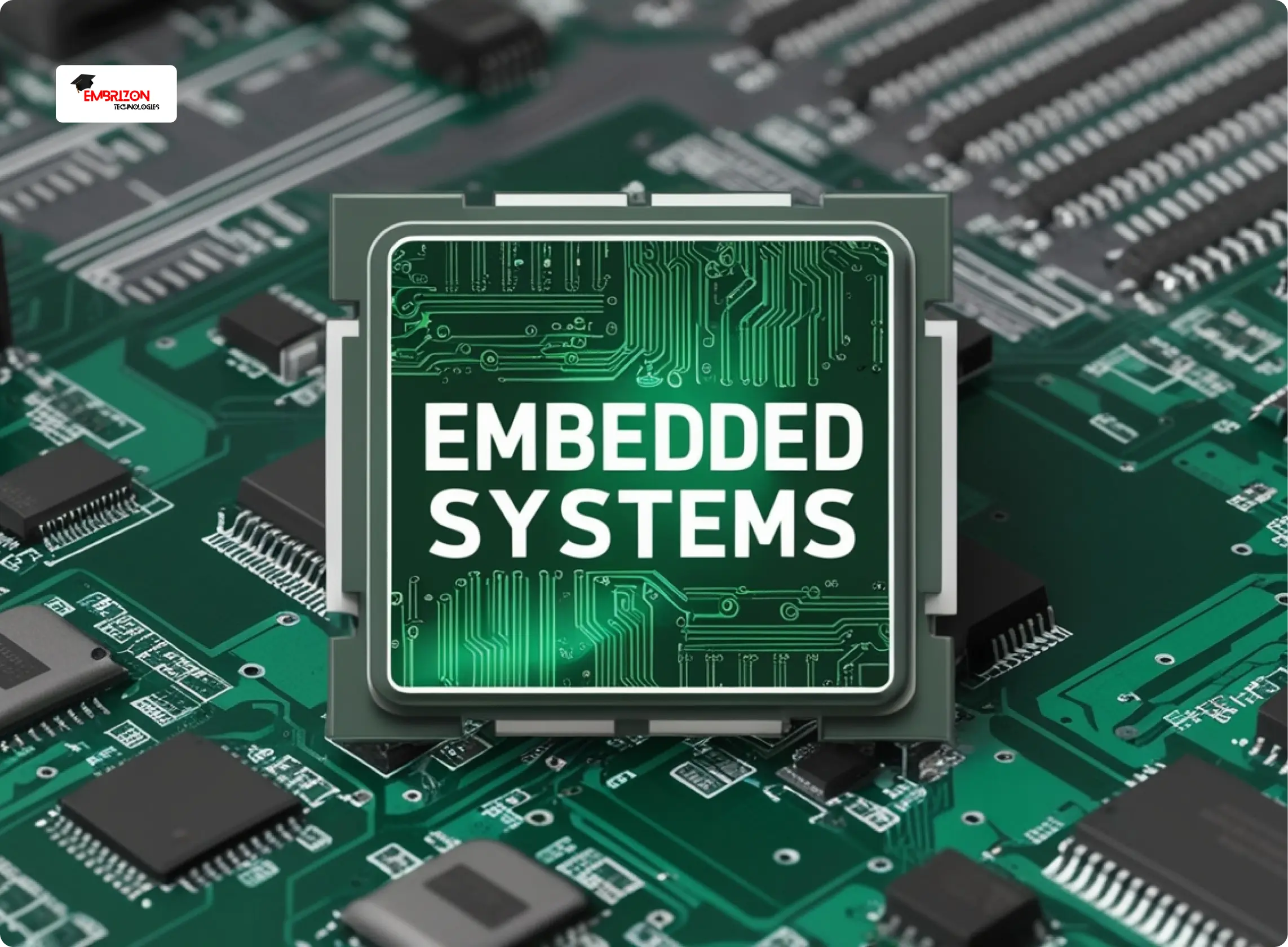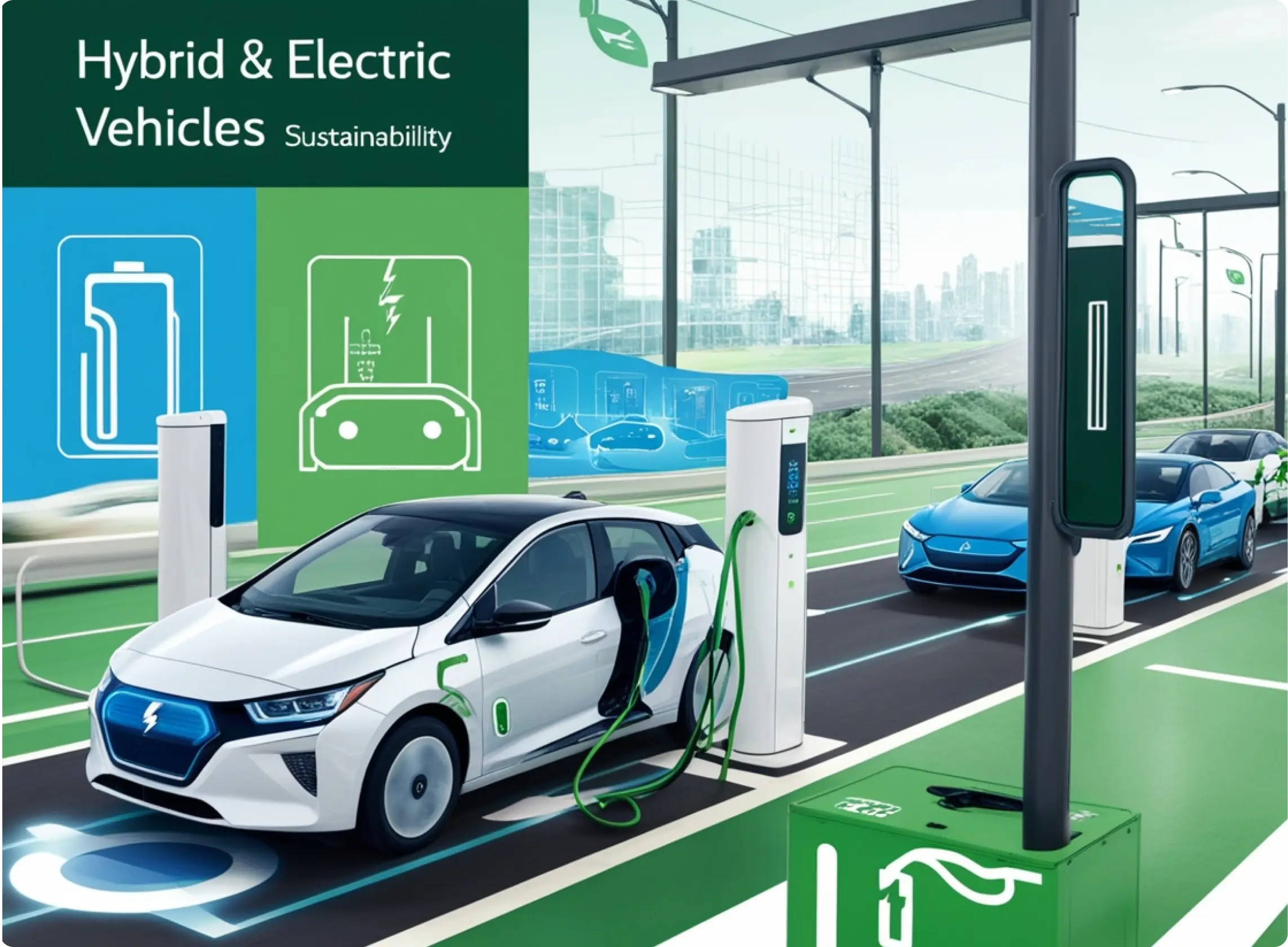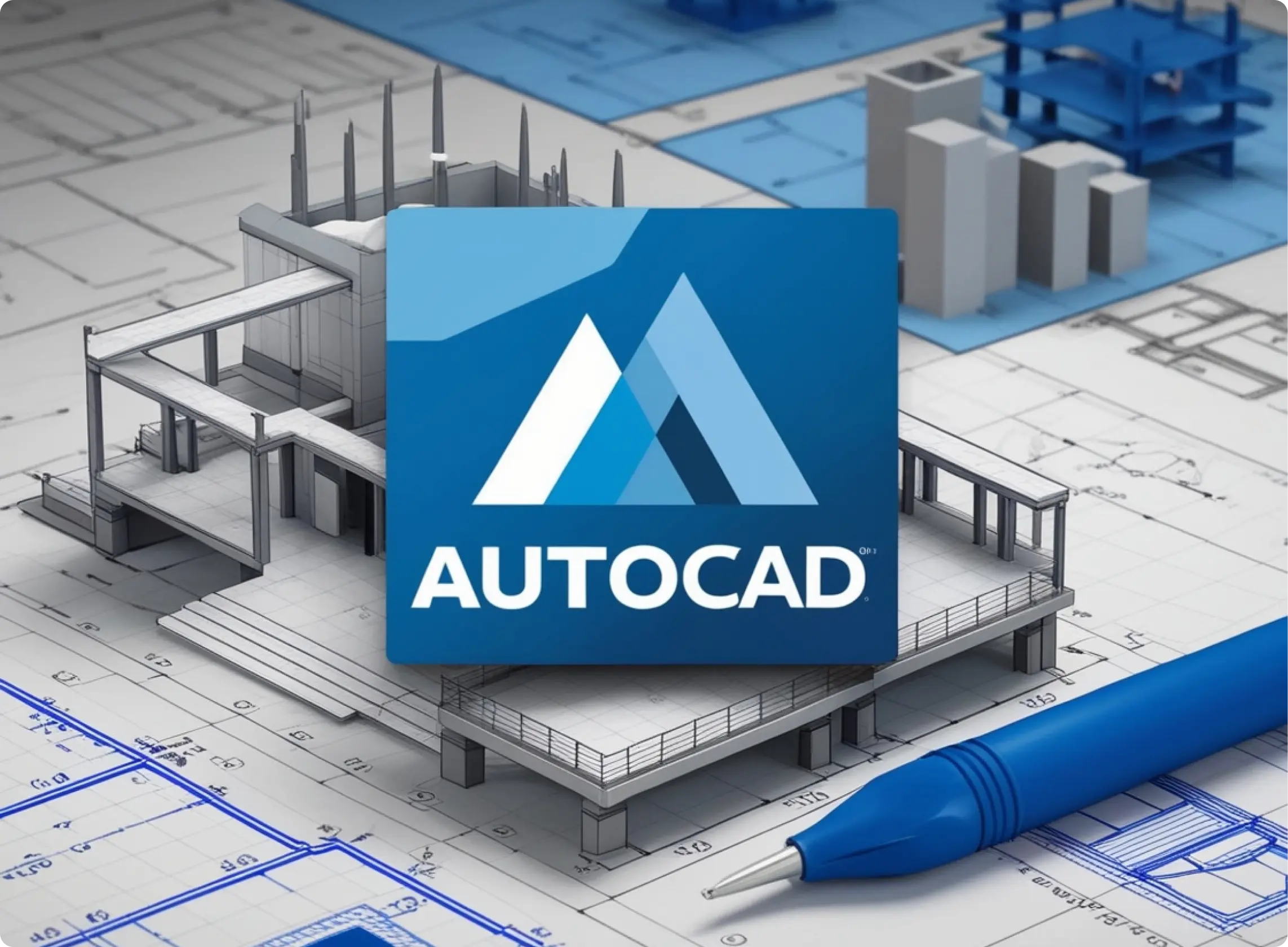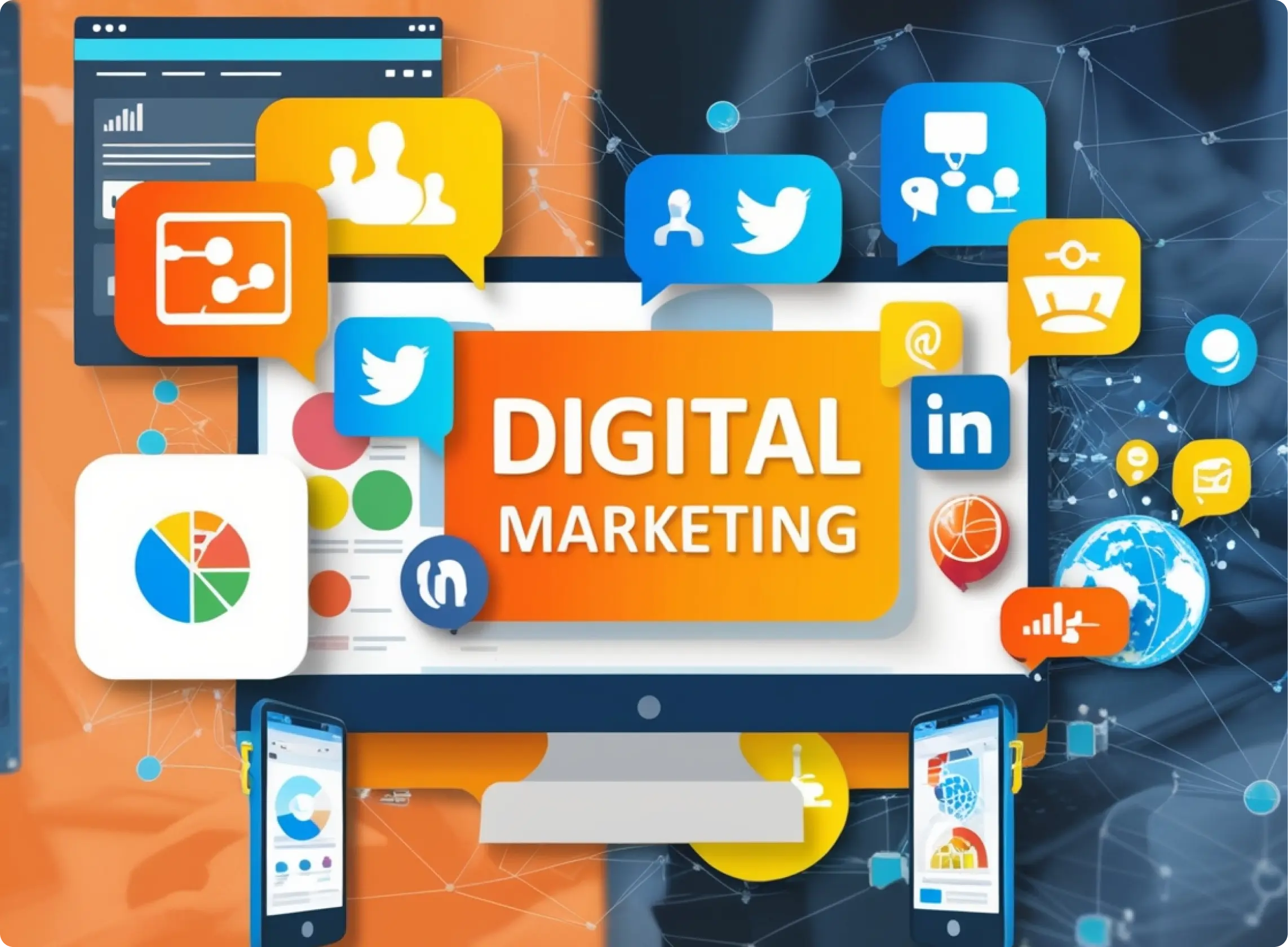Live
Internet
Of Things
Live Mentorship by Experts | Course Completion Certificate | Internship Certificate
Download CurriculumEnroll Now
Get our counsellor to guide you
Course overview
The Internet of Things (IoT) course by Embrizon Technologies equips learners with the skills to design, develop, and implement IoT solutions using microcontrollers like Arduino and NodeMCU. With a focus on wireless communication protocols, Python programming, and real-world applications like Industrial IoT, the course offers 60+ hours of live virtual sessions and one-on-one mentorship to ensure hands-on learning.
COURSE STRUCTURE
Introduction to Internet of Things
- Overview of IoT and its global context.
- IoT products by Indian companies.
- Machine to Machine (M2M) communication towards IoT.
- Industrial Internet of Things (IIoT).
- Applications and scope of IoT in different industries.
Hardware Layer: Arduino
- Getting started with Arduino Uno R3.
- Switch interfacing with Arduino.
- Pin configuration and functionalities.
- Introduction to open-source hardware platforms.
- Basics of local network UI access with Arduino.
Hardware Layer: Sensor Interfacing
- Introduction to basic sensors.
- Working and interfacing of IR Proximity Sensor.
- DHT11 sensor: working principle and interfacing.
- Sensor interfacing with NodeMCU.
- Controlling actuators using sensor data.
Introduction to NodeMCU & Device Data/Control
- Overview of NodeMCU and its features.
- IoT physical layer protocols (Bluetooth, WiFi, LoRaWAN, NFC).
- IoT application layer protocols (HTTP, MQTT, XMPP).
- Publishing data to the broker using MQTT.
- Node-to-node communication and control.
Network Layer: Wireless Communication Protocols
- IPv4 vs IPv6.
- Introduction to 6LoWPAN for IoT networks.
- MQTT and CoAP protocols for data transfer.
- Hands-on with wireless sensor networks.
- Establishing communication between multiple devices using MQTT.
Python Programming for IoT
- Getting started with Python programming.
- Variables and data structures.
- Introduction to MQTT and basic MQTT concepts.
- Python-based MQTT broker communication.
- Wireless sensor network development with NodeMCU and Python.
Webserver with ESP8266 and WebSockets
- Setting up a web server using ESP8266.
- Working with WebSockets for real-time data transfer.
- Command-line interface (CLI) commands for IoT.
- MQTT from the command prompt and Anaconda prompt.
- IoT communication using CLI-based tools.
Low Power Wide Area Networks (LPWAN)
- Introduction to LPWAN for IoT.
- Applications of LPWAN in industrial settings.
- Wireless technologies for IoT communication.
- Smart Factory concepts.
- IoT automation to digitalization using LPWAN.
Industrial IoT
- Introduction to Industrial IoT (IIoT).
- Smart Factory and automation in industry.
- Role of IIoT in digital transformation.
- Case studies of IoT in manufacturing and automation.
- Real-world applications of IIoT in industrial settings.
Learning Objectives
- Understand the basics of IoT systems, components, and architecture.
- Learn sensor and actuator interfacing with Arduino and NodeMCU.
- Gain hands-on experience with MQTT for device communication.
- Explore wireless protocols like LPWAN, Bluetooth, and Wi-Fi for IoT.
- Use Python for building and automating IoT systems.
Learning Methods
- Presentations & Lectures
- Hands-On, Project-Based Learning
- Live Mentorship Sessions
- Self-Paced Learning & Recorded Lectures
Learning Outcome
By the end of the course, you’ll be able to develop and manage IoT devices using Arduino and NodeMCU, integrate sensors, and implement communication protocols like MQTT. You will also apply Python programming to create functional IoT systems and gain insights into industrial IoT applications, preparing you for real-world projects.
How to Enroll Program
Our mentors from






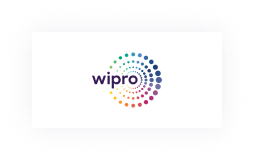

Would you like to know more?
Explore the course in detail by downloading the brochure.
Download CurriculumPricing Plans
Elevate your skills with hands-on experience, 12+ live projects, and mentorship from industry-leading experts in the top 2% of their field. Our tailored plans cater to your unique needs, allowing you to transform your practical knowledge into real-world expertise.
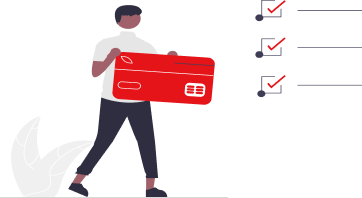
Certify your learnings
You’ll receive a certificates from our side
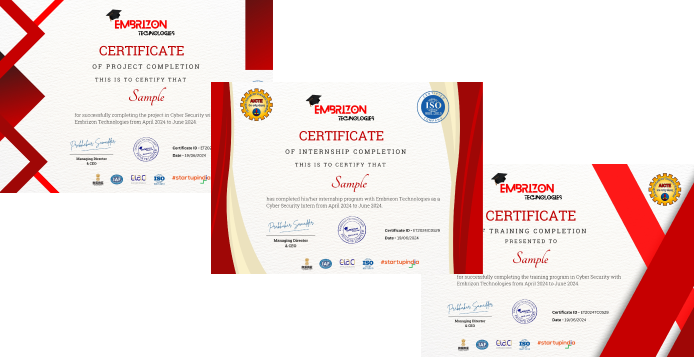
Frequently Asked Questions
What is the difference between the Live and Self-Paced courses?
-
Live Class:
- Offers real-time interaction with mentors.
- Includes scheduled live sessions where you can ask questions and get instant feedback.
- Provides personalized mentorship through live engagement.
-
Self-Paced Class:
- Access pre-recorded video content at your convenience.
- No fixed schedule – you can learn whenever it suits you.
- Get mentor support via pre-scheduled mentoring sessions without the need for live attendance.
Will I receive a certificate after completing the course?
Yes, upon successful completion of the course, you will receive a Certificate for Course Completion.
What type of projects will I be working on?
ou’ll be working on 5+ live projects that are designed to give you hands-on experience and practical knowledge.
How much mentor support is provided in the Self-Paced course?
The Self-Paced course offers 15+ hours of mentor training to help guide you through the course and projects.
How do I enroll in the Self-Paced course?
You can easily enroll in the Self-Paced course by clicking on the Enroll Now button and completing the registration process.
Our Students Placed at
